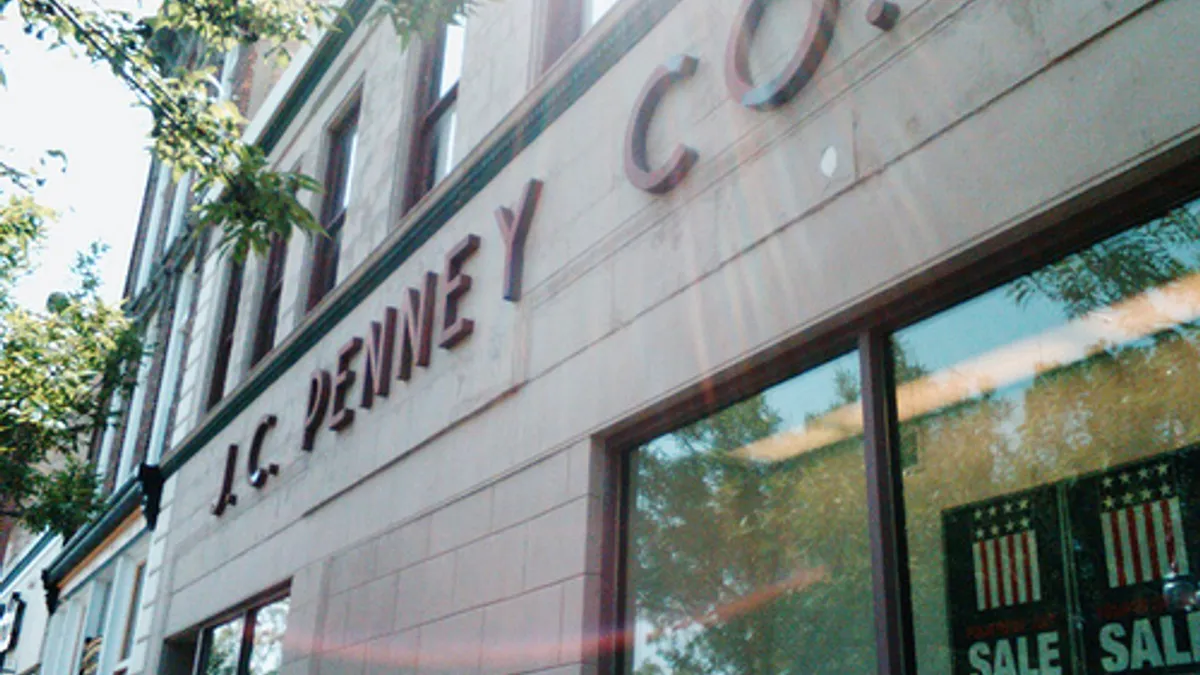In mid-August, faltering teen-apparel retailer Aeropostale brought back its former CEO, Julian Geiger, who was at the helm from 1996 to 2010. The move has been seen as a "Hail Mary" pass for a retailer that can’t seem to regain its former popularity among the teen set.
Aeropostale isn’t the only one. J.C. Penney has seen success under its returned CEO. And grocery chain Market Basket had employees and customers pulling for the return of fired CEO Arthur T. Demoulas.
Like a corny love story, sometimes retailers have to lose something to see its original value. Here are some reasons why retailers would return to the same leaders they once cast aside for something new.
Former executives have institutional memory
In August, when Crate & Barrel fired CEO Sascha Bopp and his second-in-command, founder and former CEO Gordon Segal came out of retirement for hands-on work while it continues to search for a new CEO. The home furnishings and home goods retailer saw its brand being diluted from a strong, classic, European-influenced aesthetic by trendy offerings not in keeping with its customers’ expectations.
Segal is especially suited to help right the ship. Segal opened Crate & Barrel in 1962 with his wife and $10,000 of merchandise from Europe that the two believed would appeal to young couples like them who had good taste, but not a lot of money.
Barbara Turf, another company visionary who joined the Segals in 1967 and who succeeded Gordon Segal as CEO in 2008, died this summer. With her gone, turning to Segal is one of the few ways to ensure that Crate & Barrel won’t lose sight of what has made it a great retailer.
Similarly, when Steve Jobs returned to Apple in 1997, it was for many of the same reasons he was fired in 1985. The board wanted Jobs’s sometimes hard-to-control zeal and multitude of ideas back to help revive the company's stalled fortunes.
Former executives often have loads of support
The saga of of discount grocery chain Market Basket's ouster and return of its CEO is one of the most high-profile examples of a leader that was a favorite of customers and employees alike. On Aug. 27, Market Basket announced a deal had been signed that would return Arthur T. Demoulas to day-to-day operations and that Demoulas and his sisters would buy out other family members for more than $1.5 billion.
Throughout the messy feud that followed, both customers and employees marched, rallied on Facebook, and even stopped work in support of Demoulas’s return.
That kind of loyalty will give Market Basket a better chance of picking up the pieces in what has been a business-bruising battle for control.
Former executives can help turn back the clock
When Howard Schultz took back the CEO reins at Starbucks in 2011, it was seen as a way for the coffee-fueled sensation to get back to its roots after an over-expansion.
And Mike Ullman was reinstated as CEO of J.C. Penney after a mere 17 months away, brought back to pick the shards of the explosion of too-many, too-soon changes made by Ron Johnson.
At the time, that move was seen, as Aeropostale’s return of Julian Geiger has been by some, as a desperate move by a desperate retailer that wouldn’t have much hope of working. After all, Ullman himself had been replaced because investors didn’t think he was doing enough to change things.
So far, though, Ullman’s back-to-the-future plan — his moves to bring back much of the pricing policies and merchandise cut by Johnson — has paid off.
Former CEOs are the ultimate insiders
While retailers looking for transformation may need fresh blood and out-of-the-box thinking, it can be difficult for boards and investors to contemplate hiring a CEO who is untested and who may not understand the company. Tapping a former CEO means finding someone who has a glittering detail on his or her resume under “Companies Worked For”: the retailer itself.
Would you like to see more retail news like this in your inbox on a daily basis? Subscribe to our Retail Dive email newsletter! You may also want to read Retail Dive's look at four ways retailers can use social media to drive sales.
















